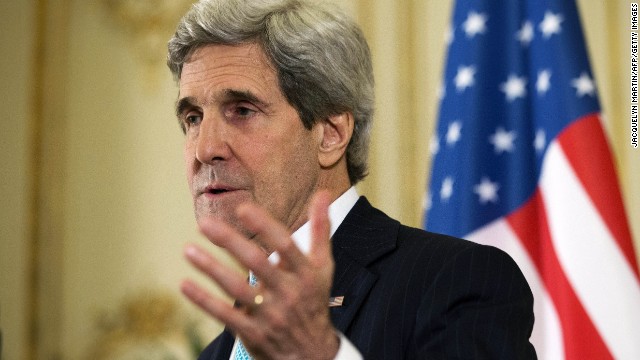 |
| People joined long queues at hospitals and clinics where counsellors were helping people to enrol |
Hundreds of thousands of
Americans have signed up for insurance under Barack Obama's healthcare
programme, in a frantic bid to beat a key deadline.
Monday was the last day for most Americans to register for coverage and avoid a penalty next year.
Mr Obama's allies say the Affordable Care Act will bring healthcare to those who need it most, but Republicans say it is a massive waste of money.
The initial launch of the system last autumn was dogged by website crashes and technical problems.
But analysts say White House officials will have been delighted with the last day of enrolment.
"What I think is important, because I know there's been a lot of focus on glitches, is that there has been a remarkable story since the dark days of October and November," said White House spokesman Jay Carney.
The law has proved deeply unpopular among many voters, and Republicans are expected to tap into that discontent in November's mid-term elections.
The elections will determine the shape of Congress for Mr Obama's last two years in office.
'Software bug'
Despite Mr Carney's upbeat message, the federally-run health insurance marketplace website healthcare.gov was briefly out of service for several hours twice on Monday.
Visitors were initially advised the site was down for maintenance or directed to a virtual waiting room.
Spokesman Aaron Albright blamed a "technical problem".
Meanwhile, long queues were reported at hospitals and clinics, where counsellors were helping people sign up for insurance.
 |
| Officials believe they have reached their target of seven million sign-ups |
 |
| The programme is designed to help 48 million Americans who do not currently have health insurance |
Many were waiting for interpreters to help them through the process.
Although 31 March was officially the last day people could sign up, millions could be eligible for extensions.
This includes people who had begun enrolling but did not finish before the deadline as a result of errors or website glitches.
Extensions may also be available to those prevented from enrolling because of a natural disaster, for example, or because they were subjected to domestic abuse.
The 2010 law, known as the Patient Protection and Affordable Care Act, is intended to extend health insurance to the roughly 48 million Americans who do not receive it through their employers, the government, or a privately purchased plan.
The law also aims to slow the growth in the cost of healthcare through various measures and requires private plans to meet a certain level of coverage.
Tax penalty ahead
The health law has been vigorously opposed by the Republican Party and by conservatives in the private sector, who see it as an inappropriate government intrusion into the massive healthcare industry and an affront to personal liberty.
 |
| What do Americans think of Obamacare today? |
Healthcare.gov and similar marketplace websites run by some states are a key element of the Affordable Care Act, providing a clearing-house for people to purchase health insurance for themselves and their families, often with generous subsidies.
Those who are not covered by private insurance or government programmes by the end of Monday will face a tax penalty, although the Obama administration has extended a grace period for those who can prove they have had technical issues with the site.
Total enrolment through the federal and state-run websites has jumped since the beginning of March, from 4.2 million to six million on Friday.
Source: BBC world News
























